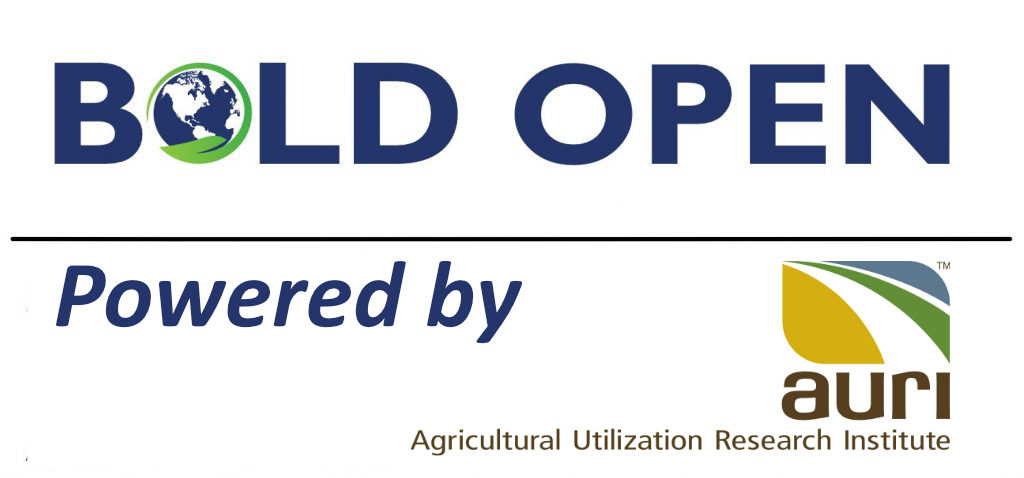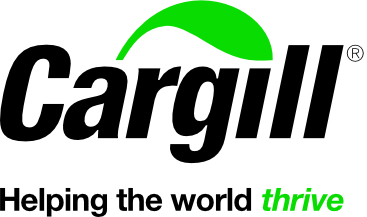Sustainable Winter Road
Maintenance Solutions
Company Background
Our purpose is to nourish the world in a safe, responsible and sustainable way. Every day, we connect farmers with markets, customers with ingredients, and people and animals with the food they need to thrive. We combine our experience with new technologies and insights to serve as a trusted partner for food, agriculture, financial and industrial customers in more than 125 countries.
Open Innovation Challenge
Products and services that will enable winter road maintenance with increased sustainability.
Reason for Seeking External Innovation Partnership
The mission of Cargill Road Safety is to protect lives and enhance commerce by providing sustainable road safety solutions. Cargill Road Safety is a leader in sustainable winter road maintenance, providing ongoing industry education through our Road Safety Knowledge Center and offering a variety of products that permit more efficient deicing, including ClearLane® Enhanced Deicer, AccuBrine® brine makers, and SafeLane® surface overlay. We are continually looking for new ways to improve the efficiency and sustainability of deicing pavements (including roads, sidewalks, parking lots, bridges, and driveways). There is a need for economical winter road maintenance products that reduce the environmental impact of deicing solutions, particularly near natural waters, while maintaining the levels of safety expected by the public for roads following winter storms.
Scope of Solution Space
- Alternative winter road maintenance materials/chemicals with reduced or no chloride content
- Alternative winter road maintenance processes that enable reduced deicer chemical application rates
- Pavement (e.g. roads, highways, parking lots, sidewalks, driveways, etc.) material modifications that resist bonding to snow and ice or otherwise maintain or quickly restore a safe pavement condition during or following a snowstorm, reducing the need for conventional deicing chemicals
- Non-chemical equipment or technologies to quickly restore or maintain pavements (roads, highways, parking lots, sidewalks, driveways, etc.) in a safe condition during or following a snowstorm
- Approaches (technology, processes, etc…) to capture, divert, or otherwise prevent deicer runoff from entering the environment, particularly natural waters (including surface and ground waters).
Must have
- Any alternative approaches proposed must have similar efficacy at maintaining winter road and pavement safety while demonstrating improved sustainability compared to current methods.
- Any alternative chemicals proposed must deliver environmental benefits when compared to current approaches.
Nice to have
- Solutions that can be adopted by customers using their existing equipment.
- Chemicals that can be deemed “Natural.”
- Demonstrably whole life cycle reduced carbon footprint compared to conventional road salting.
- Approaches amenable to rapid field proof and agile industry adoption in an industry that has found it challenging to adopt new technologies.
Innovation Solutions Not of Interest
- Approaches that are less effective than the conventional use of salt at maintaining winter road/pavement safety.
- Approaches that are modifications of existing products should not be more than ~ 4 times the cost of the current “conventional” product, assuming equivalent performance to conventional salt deicing or anti-icing
- e.g. a “self-anti-icing asphalt pavement” should not cost more than about 4 times that of a normal, “conventional” asphalt pavement
- e.g. an alternative deicing chemical should not have an application cost greater than about 4 times the application cost of standard road salt for roads (~ $6.50/lane mile per treatment for deicing roads or a maximum cost of $26/lane-mile per treatment) or a typical enhanced packaged deicer for commercial deicing (parking lot, etc) applications (~ $0.0144/square yard per treatment for a maximum of ~ $0.058/square yard)
- e.g. an “automatically deicing plow blade” should not cost more than ~ 4 times the cost of a “conventional” plow blade, etc.
- Approaches that are not a clear modification of an existing product or service should not have an averaged “per treatment” cost greater than about 4 times the application cost of standard road salt for roads (~ $6.50/lane mile per treatment for deicing roads or a maximum cost of $26/lane-mile per treatment) or a typical enhanced packaged deicer for commercial deicing (parking lot, etc) applications (~ $0.0144/square yard per treatment for a maximum of ~ $0.058/square yard)
- It is understood that there can be significant variation even in the cost of current “conventional” products and services, but the guidelines above are intended to provide an initial, ballpark degree of cost tolerance scope for new solutions.
Our team of 160,000 professionals in 70 countries draws together the worlds of food, agriculture, nutrition and risk management. For more than 150 years, we have helped farmers grow more, connecting them to broader markets. We are continuously developing products that give consumers just what they’re seeking, advancing nutrition, food safety and sustainability. And we help all of our partners innovate and manage risk, so they can nourish the world again tomorrow.

